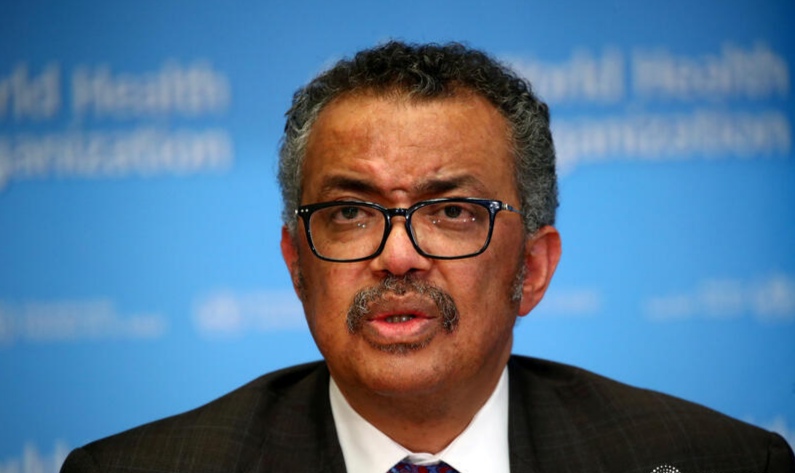Nigeria’s Economy, Others Losing $1trn Annually To Depression, Anxiety, Says WHO
The World Health Organization (WHO) and the International Labour Organization (ILO) have called for tangible actions to address mental health concerns in the working population.
According to WHO, huge resources are lost annually due to depression and anxiety costing the global economy nearly $1trn.
Advertisement
In it’s global guidelines on mental health at work released on Wednesday, WHO recommended that actions must be taken to tackle risks to mental health such as heavy workloads, negative behaviors, and other factors that create distress at work.
The guidelines also recommended better ways to accommodate the needs of workers with mental health conditions and propose interventions that support their return to work.
The guideline also called for interventions aimed at the protection of health, humanitarian, and emergency workers.
The Organization also recommended manager training to build their capacity to prevent stressful work environments and respond to workers in distress.
Advertisement
Speaking on the report, WHO’s Director-General, Tedros Adhanom Ghebreyesus, said, “It’s time to focus on the detrimental effect work can have on our mental health.
“The well-being of the individual is reason enough to act, but poor mental health can also have a debilitating impact on a person’s performance and productivity.
“These new guidelines can help prevent negative work situations and cultures and offer much-needed mental health protection and support for working people.”
The aim of the guideline is to support the prevention of mental health risks, protect and promote mental health at work, and support those with mental health conditions, so they can participate and thrive in the world of work.
“As people spend a large proportion of their lives at work, a safe and healthy working environment is critical. We need to invest to build a culture of prevention around mental health at work, reshape the work environment to stop stigma and social exclusion, and ensure employees with mental health conditions feel protected and supported,” said, Guy Ryder, ILO Director-General.



